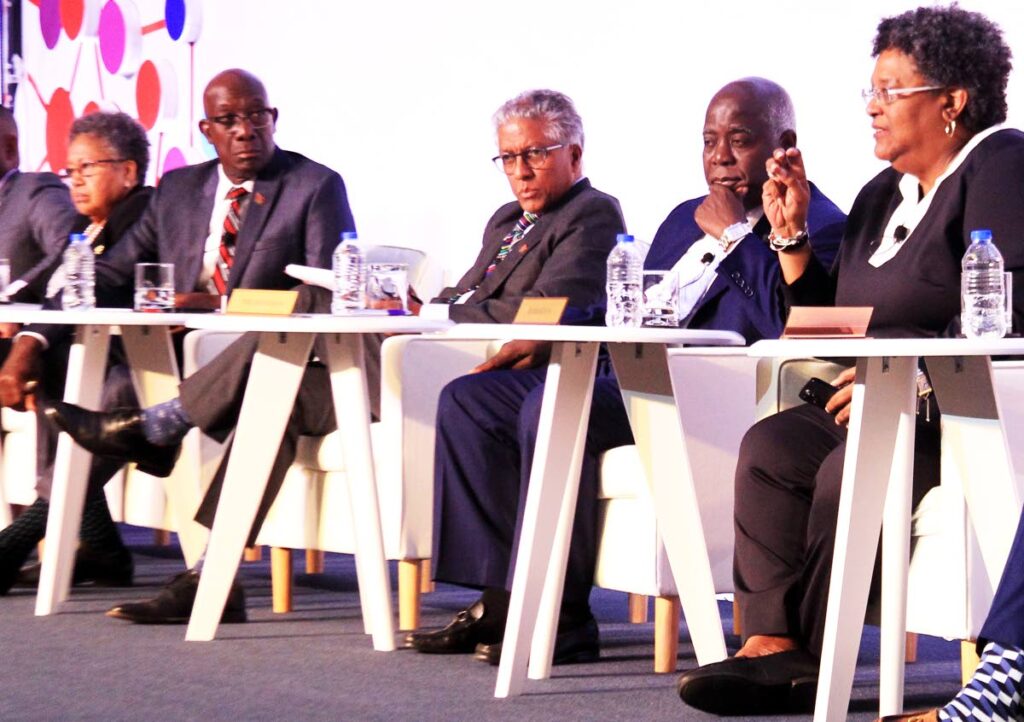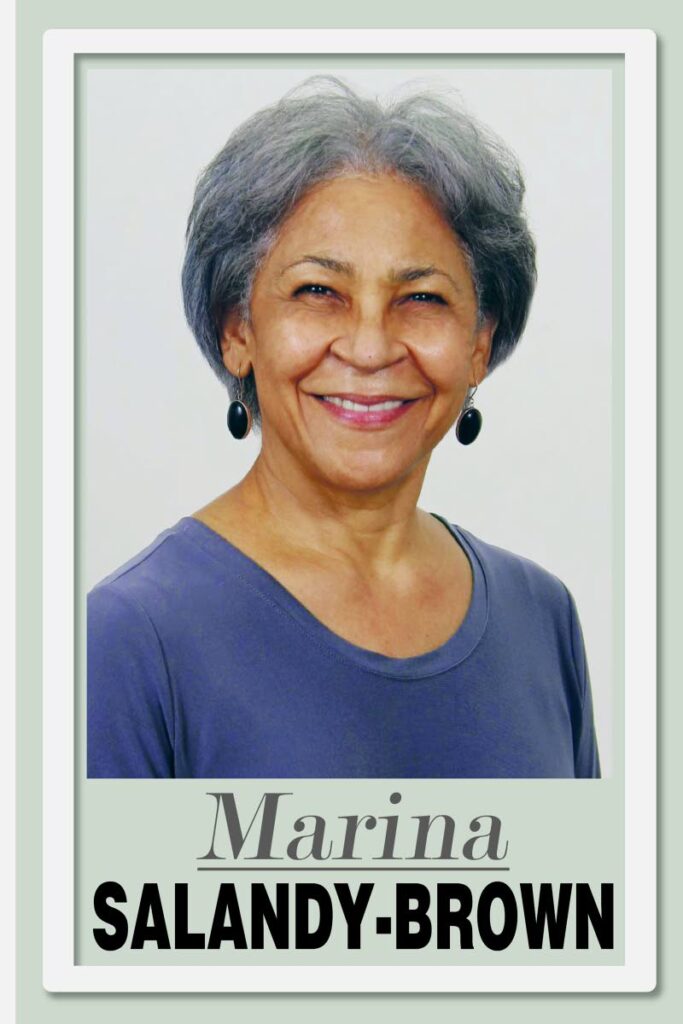Crime – who will fix it?

“Safe Caribbean” was the hashtag for the Caricom symposium held last week in Port of Spain.
The two-day event brought regional prime ministers and police commissioners together with representatives of relevant state and other organisations to devise workable strategies and solutions for creating a safe Caribbean.
The symposium came hot on the heels of a report in the Ttinidad and Tobago press of the World of Statistics’ (WOS) finding that TT ranks sixth on the list of the world’s most criminal countries. We also rank sixth in the 2023 World Population Review (WPR) of crime rate by country.
Venezuela tops the WOS list, Honduras is fifth, Guyana seventh and Jamaica tenth. So, three of the ten most criminal countries globally are English-speaking Caricom countries. With our two Spanish-speaking neighbours, we comprise half of the most criminal parts of the world.
That is some statistic, especially considering who is in the other half – Papua New Guinea (second), Afghanistan (third), South Africa (fourth) Syria (eight) Somalia (ninth).
That is not good company to be keeping. Those are the really bad kids on the block, nearly all suffering from the ravages of war and dictatorship, chronic underdevelopment and with histories of colonial brutality, national trauma and failed leadership.

Compared to them, there is little in TT’s past that accounts for how we have descended into our present predicament. Along with the rest of the region, TT suffers from the effects of colonisation and our closeness to a superpower, and we have had our particular trials, but nothing as bad as resource-poor Jamaica.
Jamaica was also a victim of the Cold War and the real polarisation of political ideology during the long middle part of the 20th century that pitted political parties and citizens against one another, leading to deepening poverty, enduring violence and mass migration.
There was a huge price to pay for the stance taken by the then Jamaican government of Michael Manley against the US’s not-to-be-denied desire to command those who live in her backyard. We know that the US could bomb a country without a single missile being fired. Fix the price of sugar on the international commodity market and the Jamaican economy would implode. Then flood the country with guns – in fact, all of Central and South America with arms and funding for local contra-armies – and the gullible natives would do the worst to themselves.
Guyana, too, was the site of a war of political ideology that led to years of great darkness and a brain drain from which the country will never recover, not for all the oil reserves in the world.
Until the relatively recent, vast oil discoveries, Guyana was among the poorest countries on the map and looked like a place that time and God had forgotten. Now, it is the fastest growing economy globally. It is underpopulated and has a history of unstable politics, so we can only imagine that keeping the country on the straight and narrow is extremely difficult while the oil extraction rate is unprecedentedly rapid and both Guyanese and foreigners are desperate for a piece of the action. It is easy to imagine Guyana’s criminal ranking rising as a wild west, frontier scenario emerges.
The diverse crime crisis we face regionally was framed at the symposium as a public health issue. It certainly has serious public health repercussions, but in TT’s case, and maybe for other Caribbean countries too, the issue is predominantly a political one – a failure to do the right thing at the right time. The PM said as much in his opening remarks.
Looking at the 15-point plan of action coming out of the wide exchange of ideas on violent crime, it is clear that our leaders have quickened their pace somewhat, although no time lines formed part of the published resolution, which suggests that a sense of urgency still eludes us.
One plan on the table going into the symposium, which did not address corruption per se, was joining Mexico in lobbying the US to control illegal firearms entering the region.
Well, when pigs fly. The US government cannot protect its own people from gun violence because it is beholden to the gun lobby, which is solely interested in profits and uses the constitution to yoke the political parties. That is not a trenchant policy.
Barbados PM Mia Mottley rightly included climate change and pandemics with gun violence among the threats we face. She added the inadequacy of our educational system that will leave us behind and irrelevant.
In TT alone, the terrible harvest of over 40 per cent of students dropping out of school after the pandemic is not one we seem prepared to reap. The meltdown of the criminal justice system in TT and elsewhere is another of the huge problems demanding structural approaches and joined-up thinking.
PM Mottley referenced previous failed attempts to implement instruments created to address the underlying systems failures that lead to inefficiency and criminality.
It is clear that the biggest challenge is getting the politicians to act decisively in the interest of the people.


Comments
"Crime – who will fix it?"